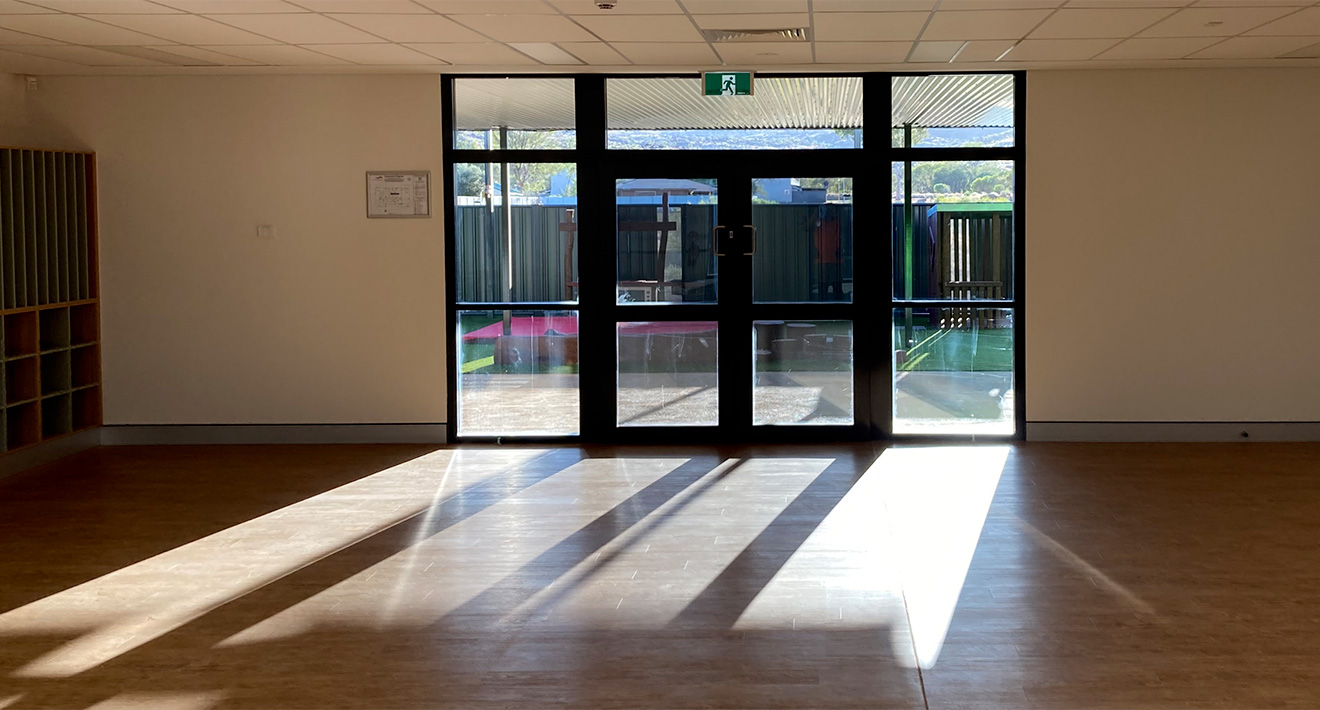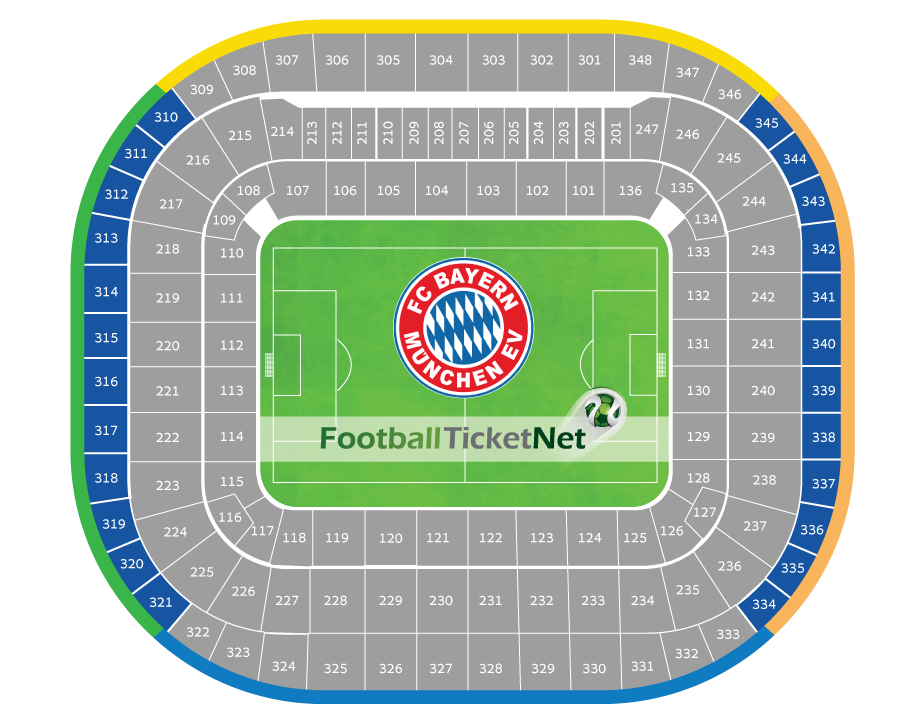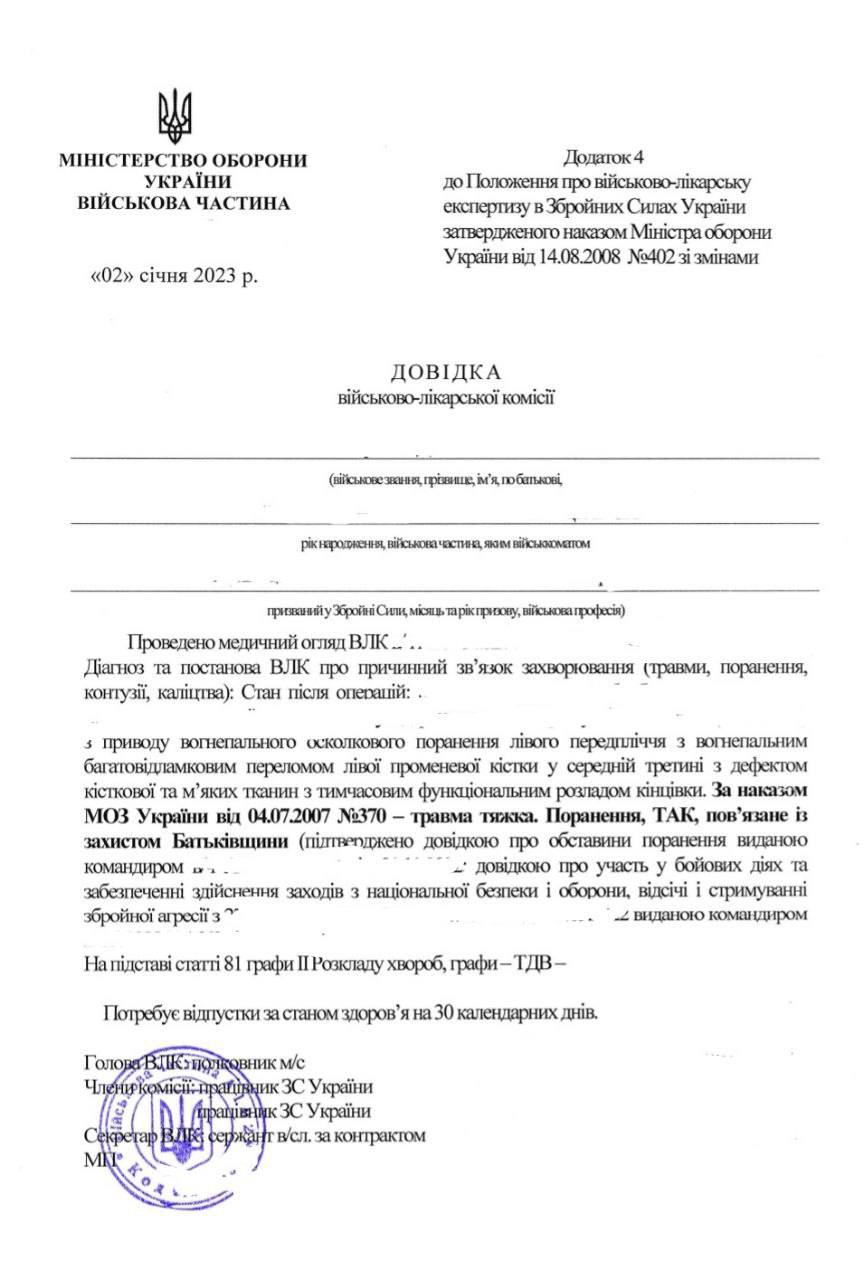The Importance Of Quality Daycare: Finding The Right Fit

Table of Contents
Benefits of Quality Daycare for Child Development
Quality daycare offers a multitude of benefits that extend far beyond simple childcare. It plays a vital role in a child's holistic development, impacting their cognitive, social-emotional, and physical well-being.
Cognitive Development in Daycare
Stimulating environments in educational daycare programs foster significant cognitive growth. Children are exposed to age-appropriate activities that encourage learning and problem-solving skills.
- Puzzles and building blocks: These develop spatial reasoning and problem-solving abilities.
- Interactive games and learning apps: These enhance cognitive skills and introduce early literacy and numeracy concepts.
- Story time and reading: This improves language comprehension, vocabulary, and a love of reading.
- Arts and crafts: These encourage creativity, fine motor skills, and self-expression.
These activities contribute to strong cognitive development in daycare, setting the stage for future academic success. Early childhood learning is significantly enhanced by the structured and engaging environment a good daycare provides.
Social-Emotional Development
Quality daycare provides invaluable opportunities for children to develop essential social-emotional skills. Interaction with peers and caring adults fosters emotional regulation, empathy, and independence.
- Learning to share and cooperate: Group activities and playtime teach children the importance of collaboration and sharing.
- Managing emotions: With guidance from caregivers, children learn to express and regulate their emotions effectively.
- Building friendships and social skills: Children learn to interact positively with others, resolve conflicts, and build relationships.
- Developing independence: Daily routines and age-appropriate challenges promote self-reliance and confidence.
The development of social skills and emotional intelligence in daycare is crucial for children's overall well-being and future success.
Physical Development
Quality daycare also supports physical development through opportunities for active play, healthy habits, and motor skill development.
- Outdoor playtime: Provides opportunities for gross motor skill development, physical activity, and exploration.
- Structured activities: Gymnastics, dance, or sports programs enhance coordination and strength.
- Access to healthy snacks and meals: Promotes healthy eating habits and provides essential nutrients for growth.
- Opportunities for fine motor skill development: Activities like drawing, painting, and playing with small toys enhance hand-eye coordination.
Through a focus on physical activity in daycare and healthy habits, children build a strong foundation for physical health and well-being.
Key Factors to Consider When Choosing Quality Daycare
Selecting the right quality daycare requires careful consideration of several key factors.
Accreditation and Licensing
Choosing a licensed and accredited daycare center is paramount. Accreditation signifies that the center meets specific standards of excellence.
- Verify licensing: Check with your state's licensing board to ensure the daycare is legally operating and meets all safety regulations.
- Look for accreditation: National Association for the Education of Young Children (NAEYC) accreditation is a widely recognized indicator of high-quality care.
Licensed daycare facilities and accredited daycare centers prioritize safety and provide a higher standard of care. Understanding daycare licensing requirements is essential for peace of mind.
Teacher-to-Child Ratio and Staff Qualifications
The teacher-to-child ratio significantly impacts the quality of care a child receives. A lower ratio allows for more individualized attention.
- Ideal ratios: Research recommended ratios for different age groups in your area.
- Staff qualifications: Inquire about the educational background, experience, and training of the staff. Ongoing professional development is crucial.
Qualified daycare teachers with appropriate training are essential for providing effective care and education.
Curriculum and Learning Environment
A well-structured curriculum and a stimulating learning environment are vital for children's development.
- Age-appropriate activities: The daycare should offer a variety of engaging activities tailored to each child's age and developmental stage.
- Engaging learning materials: High-quality toys, books, and educational resources are essential for enriching the learning experience.
- Safe and clean facility: The daycare should maintain a clean, safe, and organized facility to promote a healthy learning environment.
A robust daycare curriculum and a safe learning environment are critical for fostering a positive learning experience.
Safety and Security Measures
Safety should be the top priority when choosing a daycare. Robust security measures and safety protocols are essential to protect children.
- Background checks: Ensure all staff members undergo thorough background checks.
- Emergency procedures: Inquire about the daycare's emergency procedures and safety protocols.
- Security systems: A well-secured facility with appropriate access controls enhances safety.
Daycare safety should never be compromised. Implementing security measures and adhering to safety protocols are crucial aspects of high-quality daycare.
Finding the Right Fit for Your Family
The final step is finding the best daycare to meet your family’s specific needs.
Visiting and Observing Daycare Centers
Visiting potential daycares and observing the environment firsthand is invaluable.
- Ask questions: Prepare a list of questions for the staff about their curriculum, teaching methods, and safety protocols.
- Observe interactions: Pay attention to the interactions between the staff and the children and the overall atmosphere of the daycare.
Daycare visits allow you to assess the environment and the quality of care directly.
Talking to Other Parents and Getting Recommendations
Seeking recommendations from other parents and utilizing online resources is highly beneficial.
- Parent reviews: Read reviews on online platforms like Yelp or Nextdoor to gain insights from other parents' experiences.
- Local recommendations: Ask friends, family, and colleagues for recommendations on reputable daycare centers.
Daycare reviews and parent recommendations can provide valuable insights and help you narrow down your options.
Conclusion
Choosing quality daycare is a significant decision with long-term implications for your child's development. By considering the factors discussed – including accreditation, staff qualifications, curriculum, safety, and the overall learning environment – you can make an informed choice. Remember to prioritize a daycare that aligns with your family's values and provides a safe, nurturing, and stimulating environment for your child to thrive. Start your search for the perfect quality daycare today and ensure your child receives the exceptional care they deserve!

Featured Posts
-
 The High Price Of Childcare A Mans 3 000 Babysitter And 3 600 Daycare Bill
May 09, 2025
The High Price Of Childcare A Mans 3 000 Babysitter And 3 600 Daycare Bill
May 09, 2025 -
 Sergio Perez And Franco Colapintos Emotional Tributes After F1 Tragedy
May 09, 2025
Sergio Perez And Franco Colapintos Emotional Tributes After F1 Tragedy
May 09, 2025 -
 Bekam Analiza Na Negovata Kariera I Dominatsi A
May 09, 2025
Bekam Analiza Na Negovata Kariera I Dominatsi A
May 09, 2025 -
 Sikker Kjoring I Sor Norges Fjellomrader Om Vinteren
May 09, 2025
Sikker Kjoring I Sor Norges Fjellomrader Om Vinteren
May 09, 2025 -
 Bayern Munich Vs Eintracht Frankfurt Who Will Win A Detailed Analysis
May 09, 2025
Bayern Munich Vs Eintracht Frankfurt Who Will Win A Detailed Analysis
May 09, 2025
Latest Posts
-
 Rethinking Stephen King 4 Unconventional Randall Flagg Theories
May 09, 2025
Rethinking Stephen King 4 Unconventional Randall Flagg Theories
May 09, 2025 -
 Povernennya Kinga Zayavi Pro Politiku Ta Trampa Z Maskom
May 09, 2025
Povernennya Kinga Zayavi Pro Politiku Ta Trampa Z Maskom
May 09, 2025 -
 3 6
May 09, 2025
3 6
May 09, 2025 -
 Nova Kniga Kinga Pismennik Komentuye Trampa Ta Maska
May 09, 2025
Nova Kniga Kinga Pismennik Komentuye Trampa Ta Maska
May 09, 2025 -
 Zvernennya Stivena Kinga Politichni Poglyadi Na Trampa Ta Maska
May 09, 2025
Zvernennya Stivena Kinga Politichni Poglyadi Na Trampa Ta Maska
May 09, 2025
